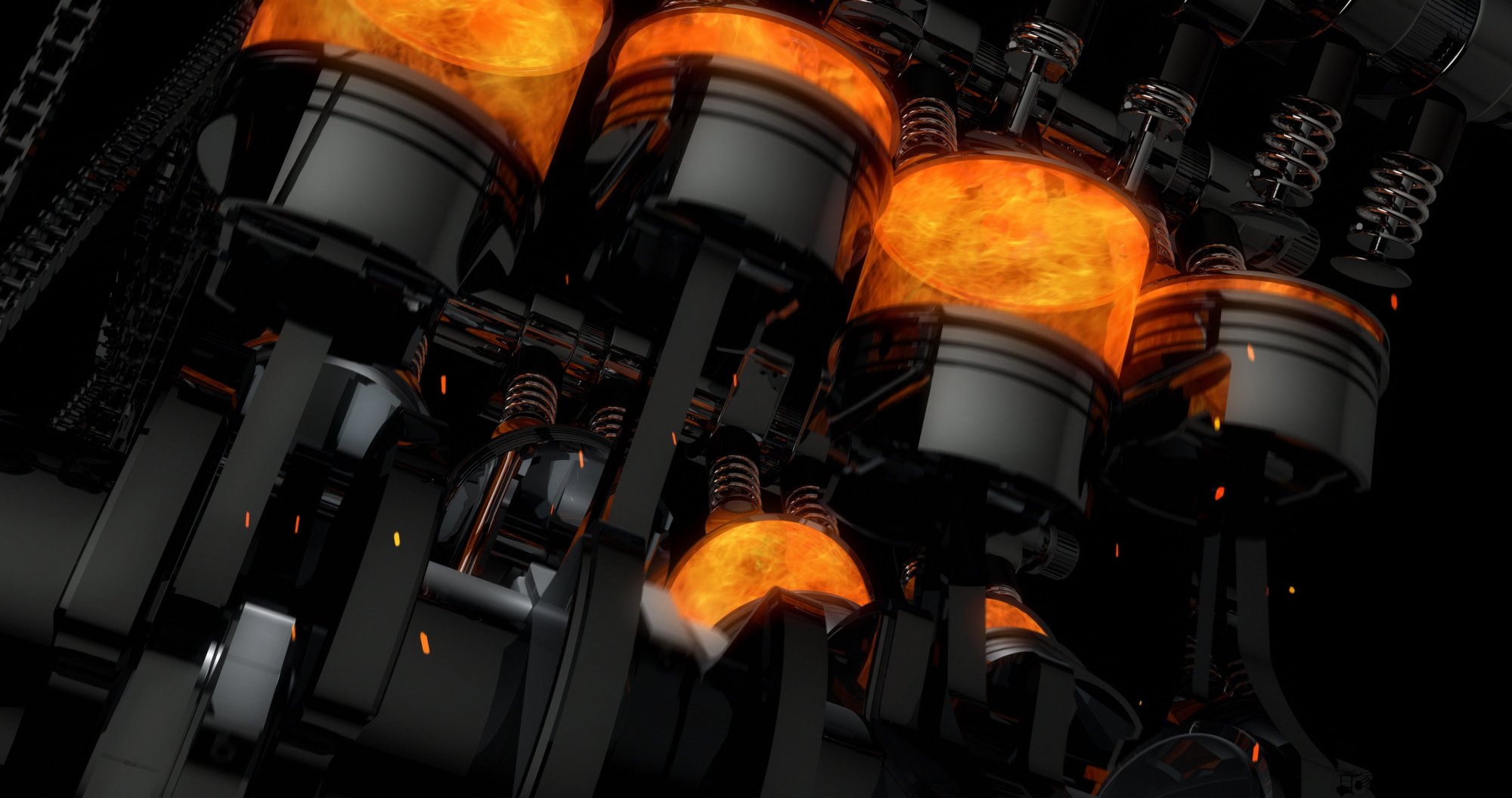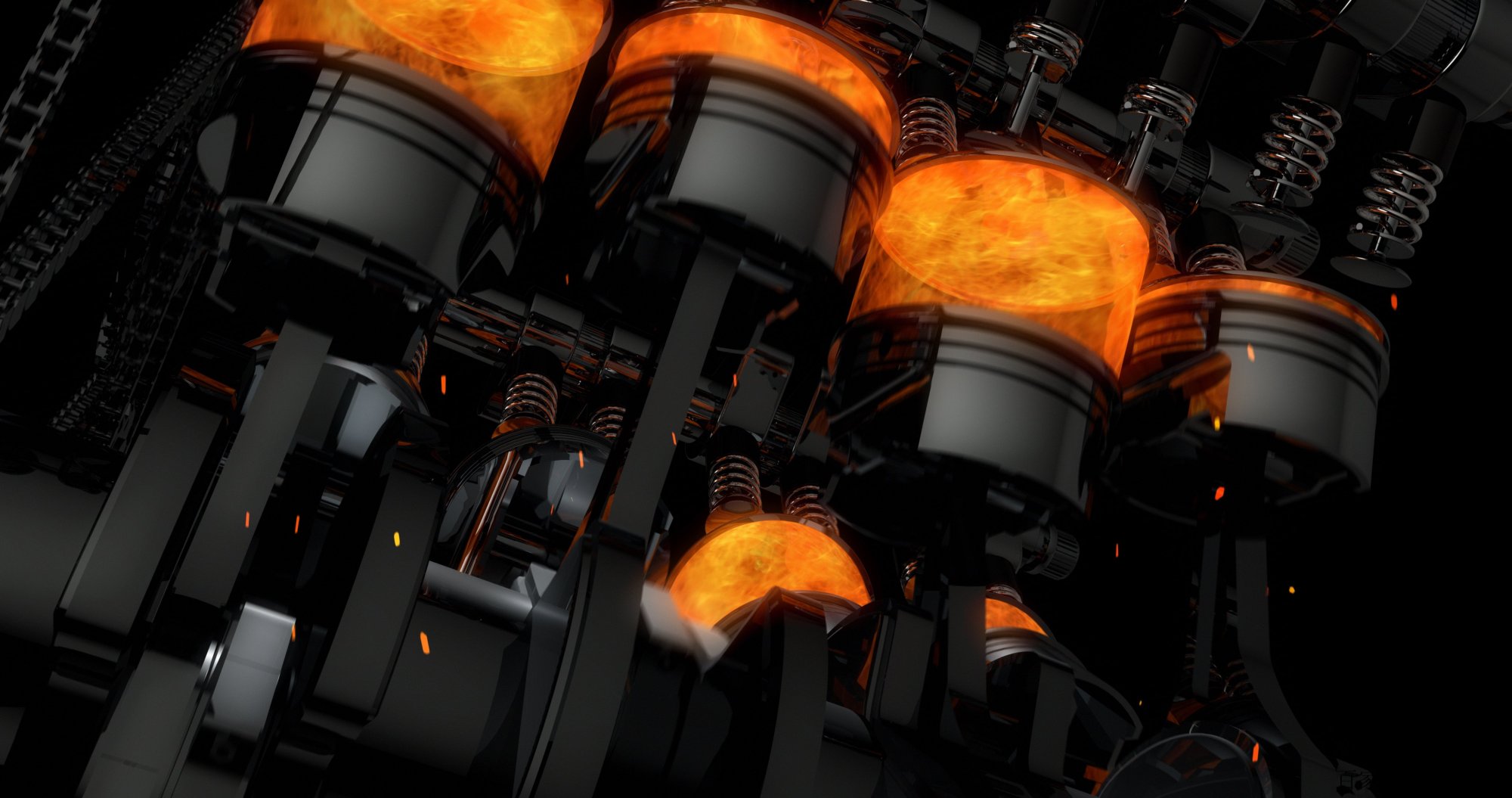Why does the fuel purification system and engine “misfire” failure phenomenon occur?
Sep 10, 2024
 Fuel Purification System and Engine Misfire Failure Phenomenon
Fuel Purification System and Engine Misfire Failure PhenomenonEngine misfire and issues related to the fuel purification system can significantly impact vehicle performance and reliability. Understanding these components and their failures can help in diagnosing and resolving issues effectively.
Fuel Purification System
The fuel purification system is crucial for maintaining clean fuel delivery to the engine, ensuring optimal performance and efficiency. This system typically includes components such as:
Fuel Filter:
Function: Removes impurities and contaminants from the fuel before it reaches the engine.
Failure Symptoms: Clogged filters can restrict fuel flow, causing poor engine performance, reduced power, and increased fuel consumption.
Fuel Pump:
Function: Delivers fuel from the tank to the engine at the required pressure.
Failure Symptoms: A failing fuel pump may cause hard starting, engine sputtering, or stalling due to inadequate fuel supply.
Fuel Injectors:
Function: Atomize and inject fuel into the combustion chamber for efficient burning.
Failure Symptoms: Dirty or malfunctioning injectors can lead to uneven fuel delivery, causing rough idling, poor acceleration, and increased emissions.
Fuel Pressure Regulator:
Function: Maintains consistent fuel pressure in the fuel system.
Failure Symptoms: A faulty regulator can cause fluctuating fuel pressure, leading to poor engine performance and potential engine damage.
Engine Misfire Failure Phenomenon
An engine misfire occurs when one or more cylinders fail to ignite the air-fuel mixture properly, leading to incomplete combustion. Misfires can be caused by various factors, including issues with the fuel purification system:
Causes of Engine Misfire:
Faulty Spark Plugs: Worn or damaged spark plugs can fail to ignite the fuel-air mixture, causing misfires.
Ignition Coil Issues: Malfunctioning ignition coils can result in weak or inconsistent sparks, leading to misfires.
Fuel Delivery Problems: Inadequate fuel delivery due to a clogged filter or failing pump can cause misfires by disrupting the air-fuel mixture.
Air Intake Issues: Problems with the air intake system, such as a dirty air filter or malfunctioning mass airflow sensor, can lead to improper fuel mixing and misfires.
Engine Mechanical Problems: Issues like low compression, worn-out piston rings, or valve problems can also cause misfires.
Symptoms of Engine Misfire:
Rough Idling: The engine may shake or run unevenly while idling.
Loss of Power: Reduced acceleration and power output during driving.
Poor Fuel Economy: Increased fuel consumption due to inefficient combustion.
Increased Emissions: Higher levels of exhaust emissions and potential check engine light illumination.
Diagnosing and Addressing the Issues
Diagnosis:
Check Engine Light: Use an OBD2 scanner to read error codes related to misfire or fuel system issues.
Visual Inspection: Inspect fuel filters, pumps, and injectors for visible signs of damage or clogging.
Performance Testing: Perform tests on ignition components and fuel pressure to identify faults.
Repair and Maintenance:
Replace Fuel Filters: Regularly replace fuel filters to ensure clean fuel delivery.
Service Fuel Pump and Injectors: Repair or replace malfunctioning fuel pumps and injectors.
Replace Spark Plugs and Ignition Coils: Ensure spark plugs and ignition coils are in good condition and replace them if needed.
Maintain Air Intake System: Clean or replace air filters and ensure proper functioning of the mass airflow sensor.
Conclusion
Understanding the role of the fuel purification system and the causes of engine misfire can help in diagnosing and addressing performance issues effectively. Regular maintenance and timely repairs are essential to ensure smooth engine operation and prevent potential damage.

